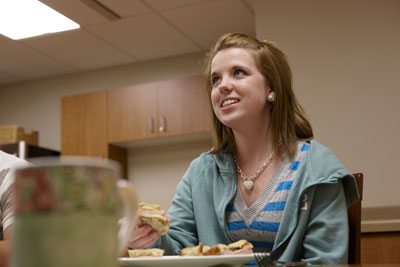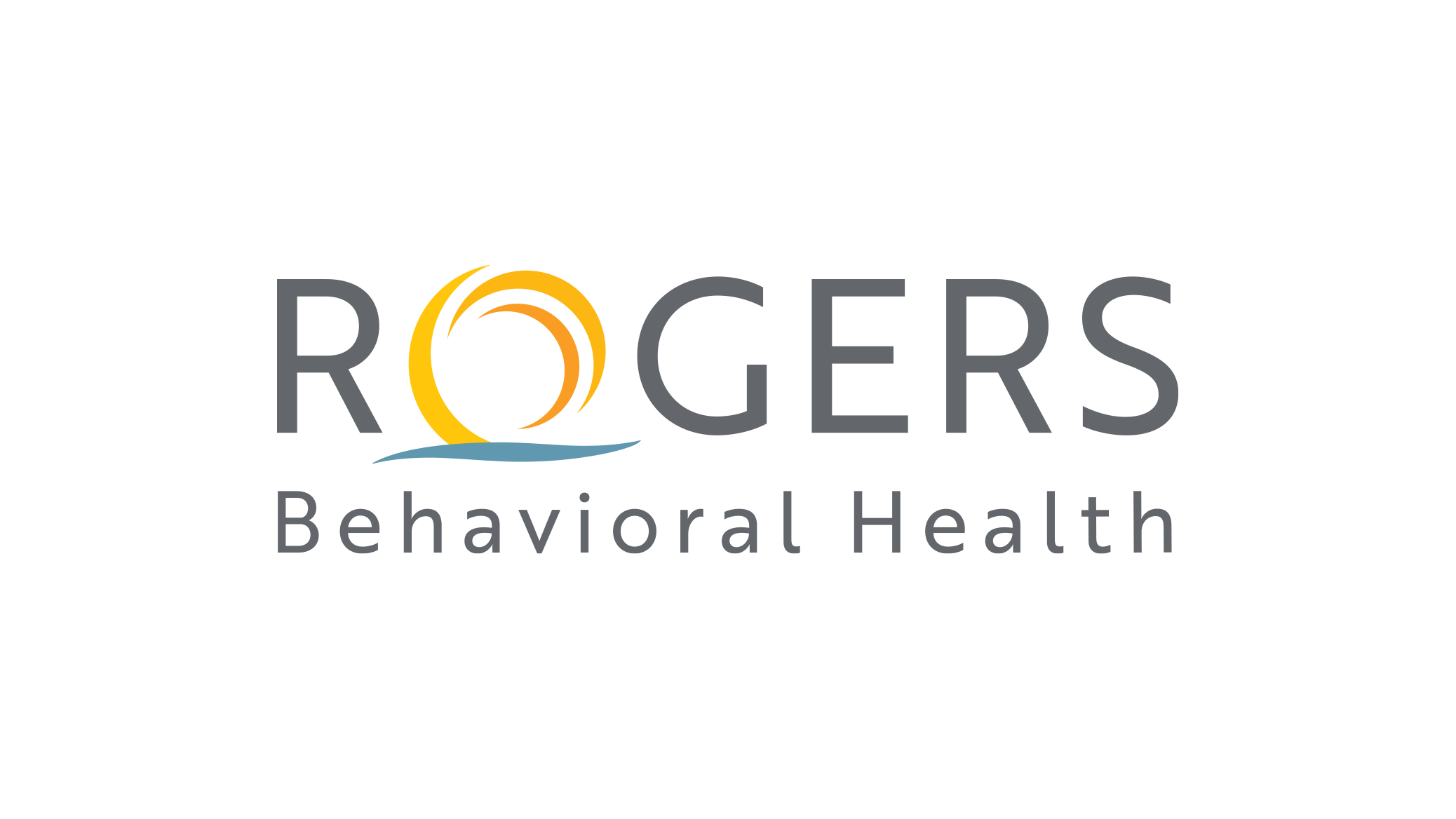
Eating disorders therapy can be more than talk
Some of the most powerful experiences our patients have during their treatment stay are in our art studios, the fitness rooms or on our ropes course.
Experiential therapies are a hallmark of Rogers Memorial Hospital’s residential and inpatient programs. Our patients not only work with master’s prepared clinicians and board-certified physicians, they also work with highly trained experiential therapists who facilitate treatment not just through talk, but also through non-verbal means of expression.
Tina Szada, ATR-BC, an art therapist at Rogers’ residential Eating Disorder Center in Oconomowoc, recently participated in a mannequin art competition that illustrates the power of a non-verbal treatment experience.



